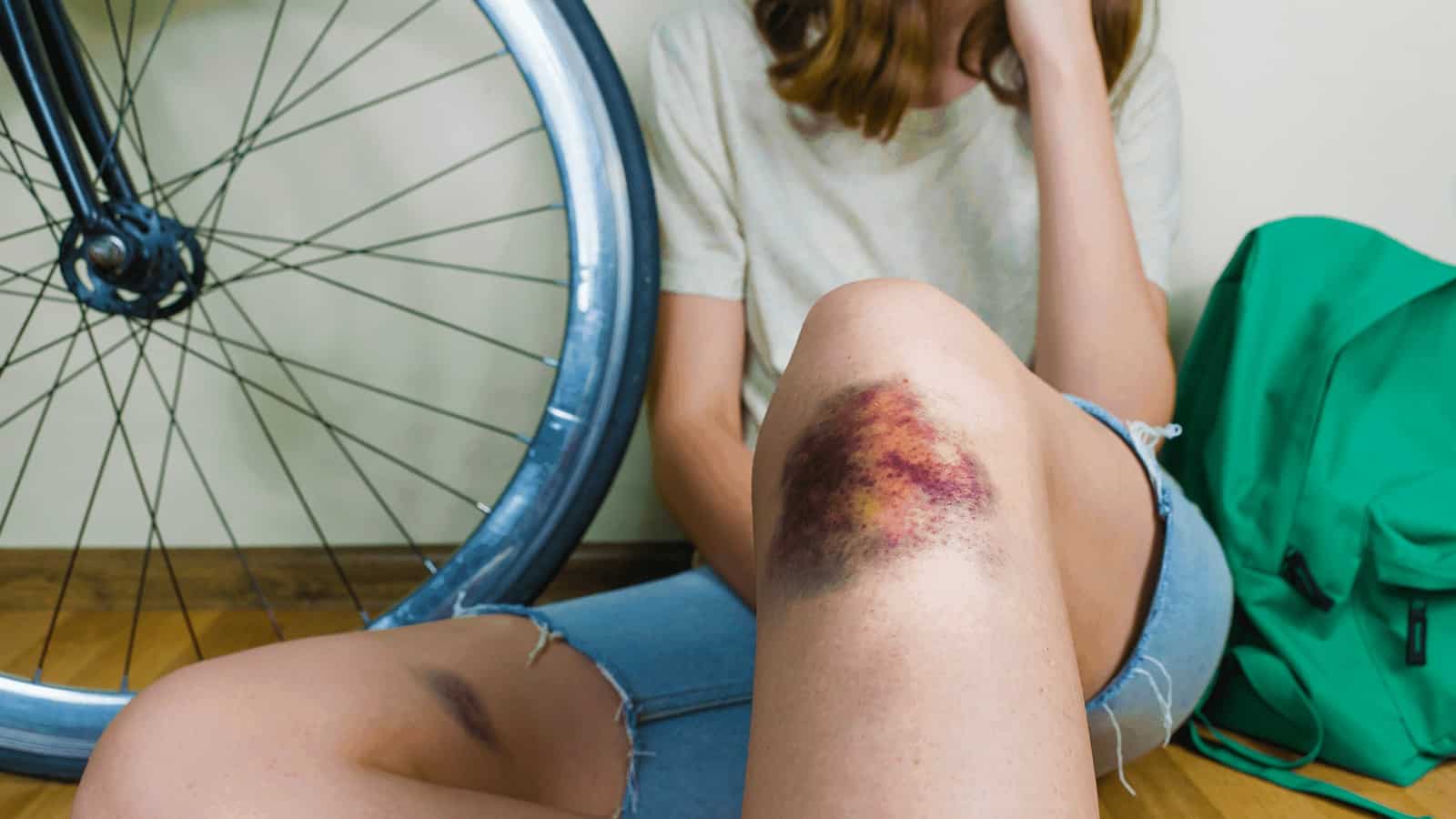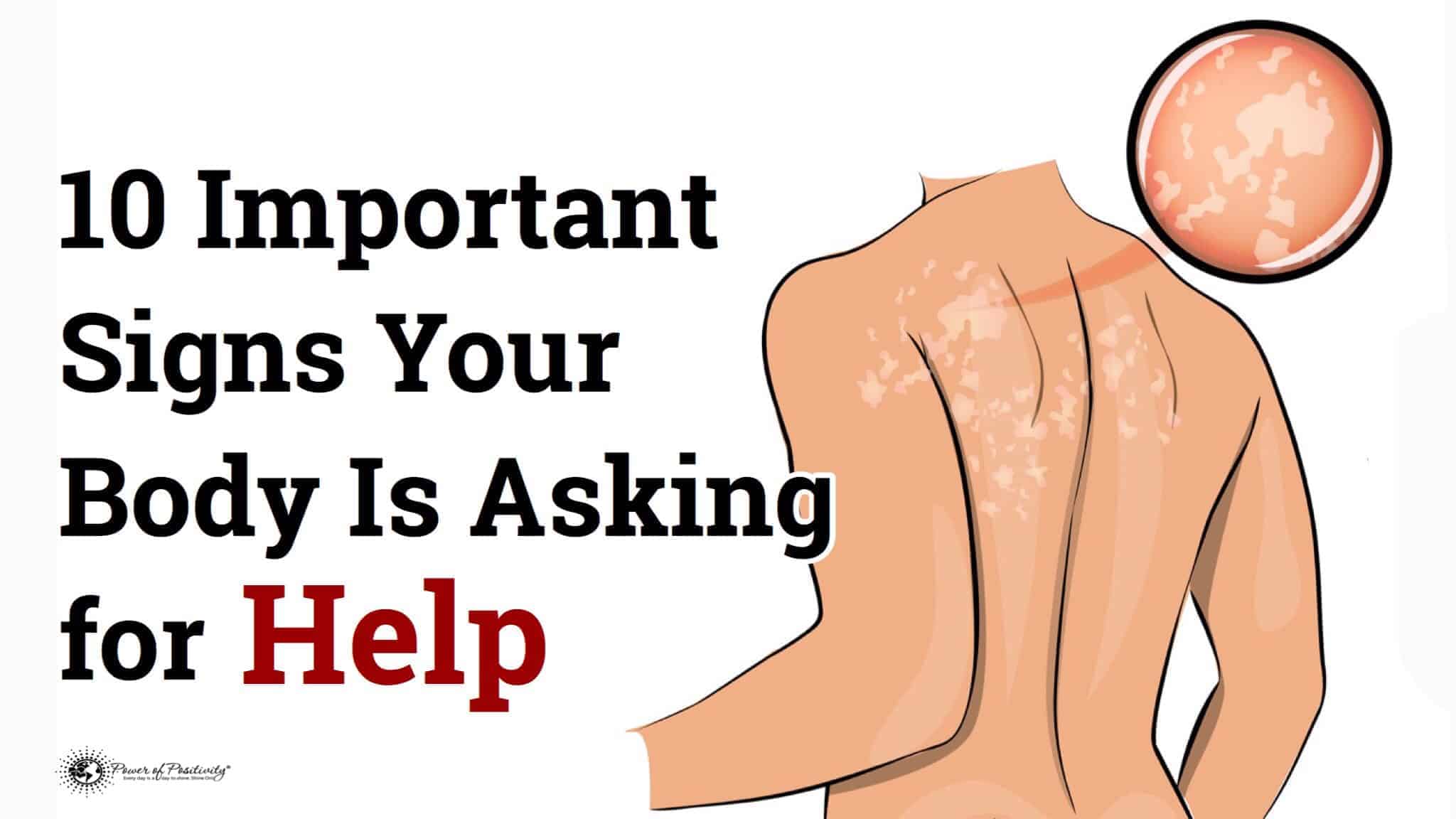While bruises can be unsightly and painful, they’re mostly harmless and easily treatable. We all take a bruising from time to time, but some of us are more prone to black and blue than others. In this article, we’ll talk about why some people bruise easily, what to do about it, and – to cap things off – how to prevent bruises in the first place!
Without further delay, here are eight reasons that people bruise easily:
-
You’re getting older
It is completely normal to bruise easier as you age. As we get older, our skin loses some of its density and thickness, including a fatty layer (“subcutaneous fat”) that serves as a cushion for our small blood vessels.
A simple acronym to remember is RICE, which stands for the RICE method. The RICE method is a simple yet effective means of treating sprains, strains, and bruises. Rest, ice, compression, and elevation can ease pain, reduce swelling, and assist healing, even if you do bruise easily.
-
You have an active lifestyle
Kind of a no-brainer here. If you are the sporty type, you’re well aware that you are more prone to injury and accidents than the rest of us. Something else that often happens, especially when the adrenaline is pumping, is the person comes into contact with an object and only finds out later that a rather nasty bruise is forming.
Most bruises do not require medical attention. For mild bruising, use the RICE method.
-
You take medicines or supplements.
Various medications and supplements can cause a person to bruise easily. Blood thinners, NSAIDs (e.g., Advil, Aleve), and even supplements such as ginkgo and fish oil may cause the occasional black and blue spot.
Generally, the longer you’ve taken the medication or supplement, the more likely you are to bruise. While the bruising is probably not harmful, it may be wise to speak with the doctor who prescribed the drugs.
-
You’re a “sun worshipper.”
Not literally, of course. Long-term exposure to the sun may weaken blood vessel walls, causing a person to bruise easily. Two common conditions, actinic purpura and senile purpura, produce strange-looking patches of dark blue or purple on the hands and forearms.
Sun exposure is dangerous for other reasons, of course, including a higher risk of skin cancer and heat stroke.
-
You’re taking steroids.
Corticosteroids, an anti-inflammatory drug commonly prescribed for asthma, arthritis, eczema, and COPD, may produce bruises as a side effect. Corticosteroids are present in many forms of prescription medicine, including topical rubs, pills, and inhalers.
Long-term use of steroids may cause thinning of the blood vessels, thereby increasing the degree of bruising a person experiences.
-
You’re genetically predisposed.
There is undoubtedly a genetic factor at play here. If your mom, dad, or grandparents bruise easily, you may also. Genetic predisposition for thinner skin and more fragile blood vessels is very real, with the bruises typically appearing around the arms, butt, or thighs.
Once again, bruising is nothing to worry about, unless other symptoms accompany the bruising (see #7 and #8).
-
Your platelet count is low.
People born with a platelet disorder seem to bruise for no reason. Blood platelets are flat fragments of cytoplasm that clot and obstruct bleeding before it intensifies.
To illustrate platelet function, think of a paper cut. The resultant bleeding from a paper cut is short-lived because the cut is small and because platelets can quickly obstruct blood from such a cut – sometimes within a couple of minutes.
Now, if you get a paper cut and you have a low platelet count, the cut will probably bleed more extensively.
-
You have a potentially serious condition
Liver damage and blood cancer are two severe medical conditions that may cause blood clotting and more frequent bruising. Common causes of liver damage include alcohol abuse, obesity, viral infections, and genetic predisposition.
Blood cancers include leukemia and lymphoma; both conditions cause a person to bruise easily. If your bruising appears with other symptoms such as bone or joint pain, fatigue, and swollen lymph nodes, it is advisable to see your doctor.
Preventing and Treating Bruises
Prevention is always the best kind of medicine. To prevent bruising, here are a few important tips:
- Clean up clutter, especially on the floors.
- Arrange appliances and electrical cords in a way that doesn’t disrupt your walking.
- Have your hearing and vision checked every couple of years (to avoid preventable accidents such as falls).
- Discuss bruising side effects of medications with your doctor.
- Keep your home well lit, especially at nighttime.
Regarding treatment, most bruises will simply go away on their own, and without medical intervention. However, frequent bruising may signal an underlying condition that requires treatment.
Of course, you may always treat your bruises at home using the RICE method. Despite being a simple technique, most doctors will prescribe the exact same thing in most cases. Rest, ice, compression, and elevation is the quickest way to treat mild cases of bruising.














 Community
Community

